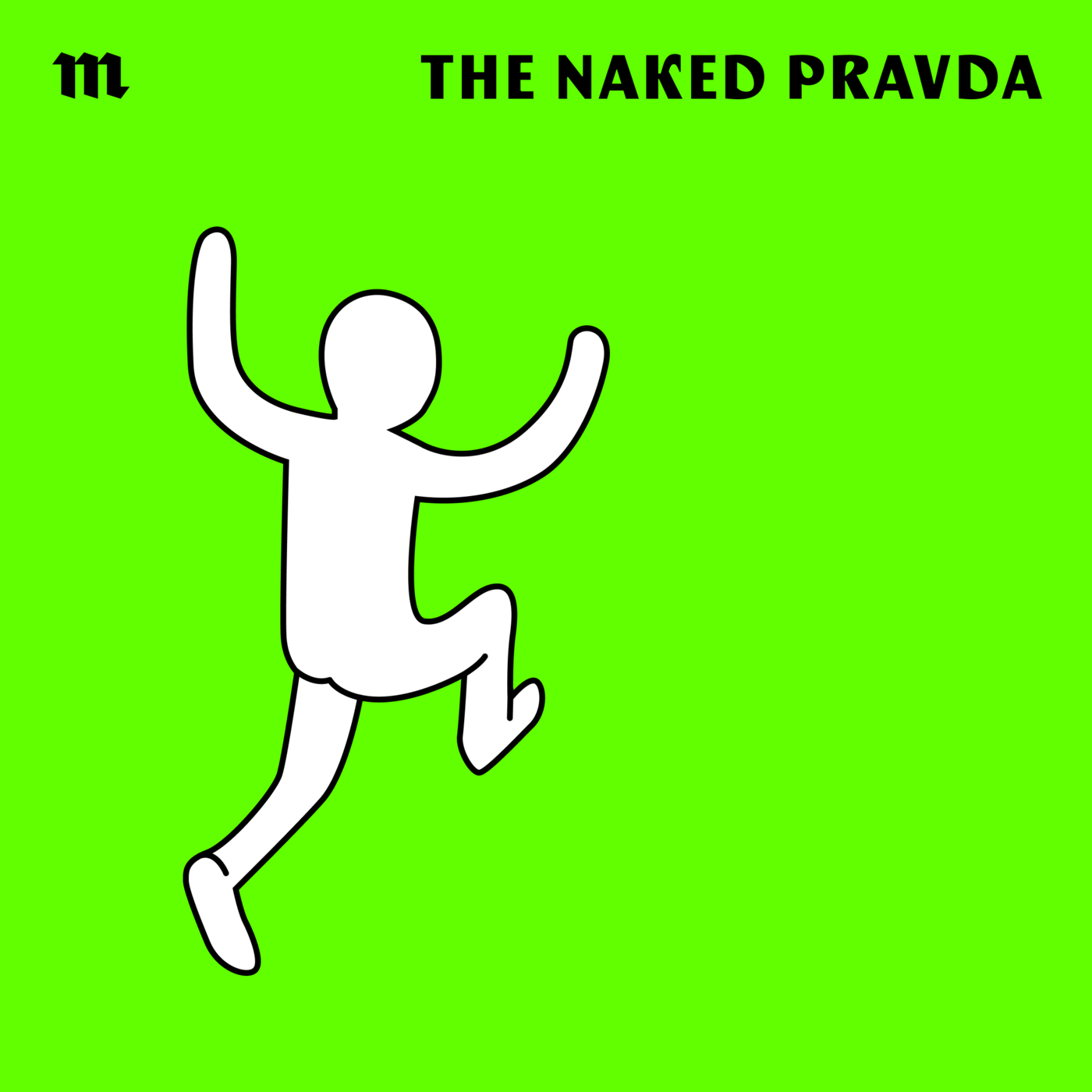
How Russian propaganda and ordinary Americans build ‘bespoke realities’

The Naked Pravda
Deep Dive
- Storm-1516 network's history of creating deepfake videos to push Kremlin narratives
- John Mark Dougan's collaboration with the GRU and use of AI to create false videos
- Coordinated campaign across multiple fake news websites and platforms
- Pre-existing campaign against Walz before the deepfake video surfaced
Shownotes Transcript
Earlier this week, journalists at WIRED and The Washington Post reported that a “Russian-aligned propaganda network notorious for creating deepfake whistleblower videos” appears to be behind a coordinated effort to promote false sexual misconduct allegations against vice presidential candidate Tim Walz.
At WIRED, David Gilbert wrote that researchers have linked a group they’re calling “Storm-1516” to the campaign against Walz. “Storm-1516 has a long history of posting fake whistleblower videos, and often deepfake videos, to push Kremlin talking points to the West,” Gilbert explained. A few days earlier, NBC News also reported on Storm-1516, citing its work as demonstrative of Russian propaganda’s growing utilization of artificial intelligence and more sophisticated bot networks.
Two days after the WIRED report, Washington Post journalist and Russia expert Catherine Belton reported on another bad actor implicated in spreading the allegations against Walz: John Mark Dougan, a former Florida cop with a long and winding record that includes internal affairs investigations, early discharge from the Marines, and a penchant for posting confidential data about thousands of police officers, federal agents, and judges on his blog, which led to 21 state charges of extortion and wiretapping. To escape that indictment, Dougan fled to Moscow, where he soon put his conspiratorial blogging skills to work, effectively enlisting in the Russian intelligence community’s “Internet war” against America.
Records show and disinformation researchers argue that Dougan is responsible for content on dozens of fake news sites with deliberately misleading names like DC Weekly, Chicago Chronicle, and Atlanta Observer. Lately, he’s reportedly started using a GRU-facilitated server and AI generator to create phony videos like the deepfake video showing one of Walz’s former students accusing him of sexual abuse.
With a little more than a week until the U.S. presidential election, Meduza spoke to Renée DiResta — the author of Invisible Rulers: The People Who Turn Lies Into Reality and an associate research professor at Georgetown University’s McCourt School of Public Policy — about Russian propaganda, how it’s evolved over the years, and how American social networks are responding (and not responding) ahead of the November 2024 vote.
Timestamps for this episode:
- (5:00) The Role of Social Networks in Identifying Fake Accounts
- (9:35) Government and Platform Collaboration on Inauthentic Behavior
- (16:46) A Case Study: Maxim Shugaley and Russian Influence in Libya
- (21:45) Twitter’s Public Data Dilemma
- (24:25) Bespoke Realities and Content Moderation
- (25:57) The Tenet Media Case
- (27:28) The Role of Influencers in Propaganda
- (35:26) Marketing and Propaganda: A Historical Perspective
- (38:27) The Democratization of Propaganda
- (39:36) Name Your Poison: Tyranny or Chaos
Как поддержать нашу редакцию — даже если вы в России и вам очень страшно